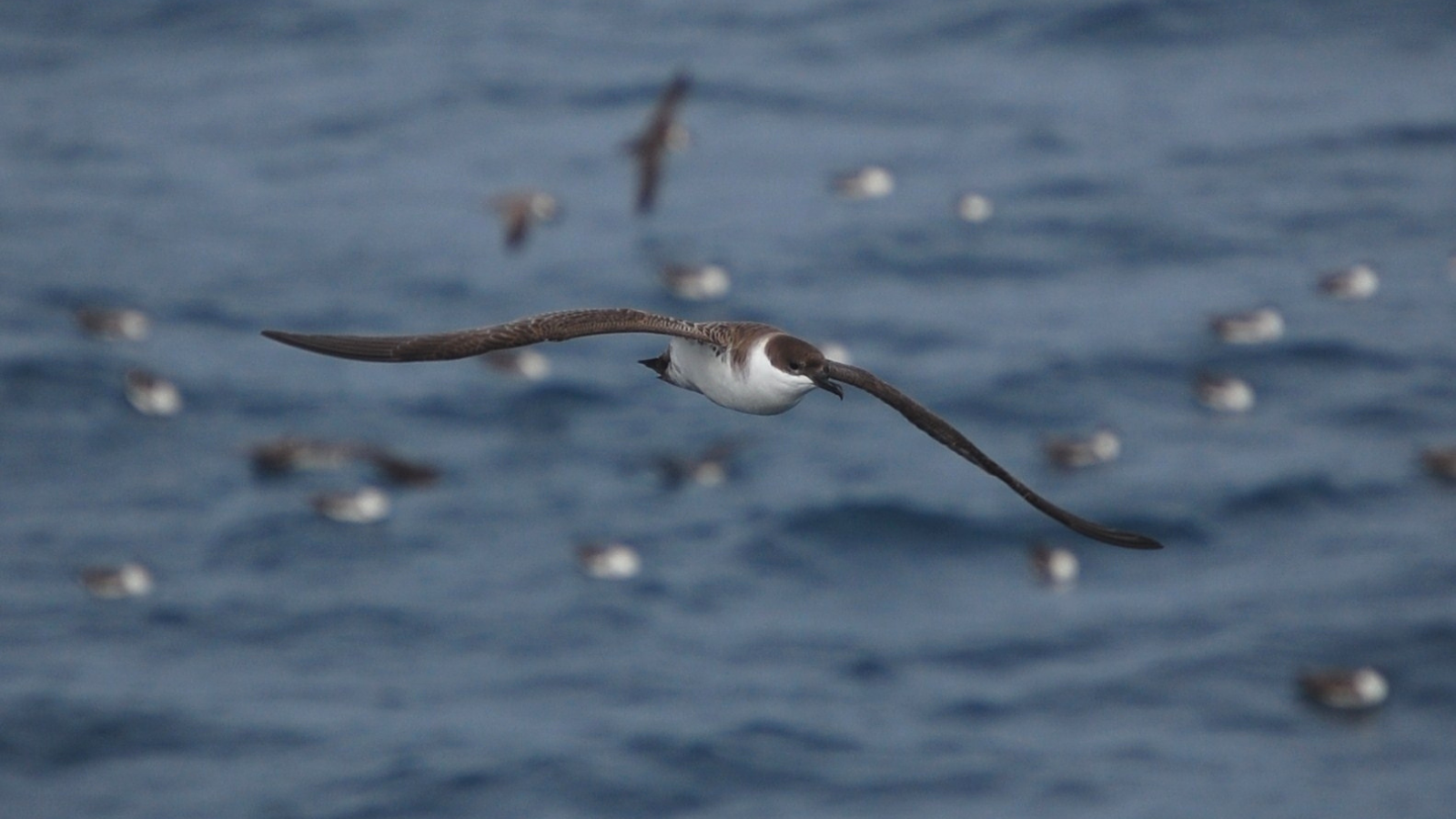The sounds of nature: bringing America’s National Parks into your home office
The sounds of nature can be delivered directly to your home, which is particularly valuable right now as there is a growing body of evidence that simple exposure to natural sounds can help reduce stress.
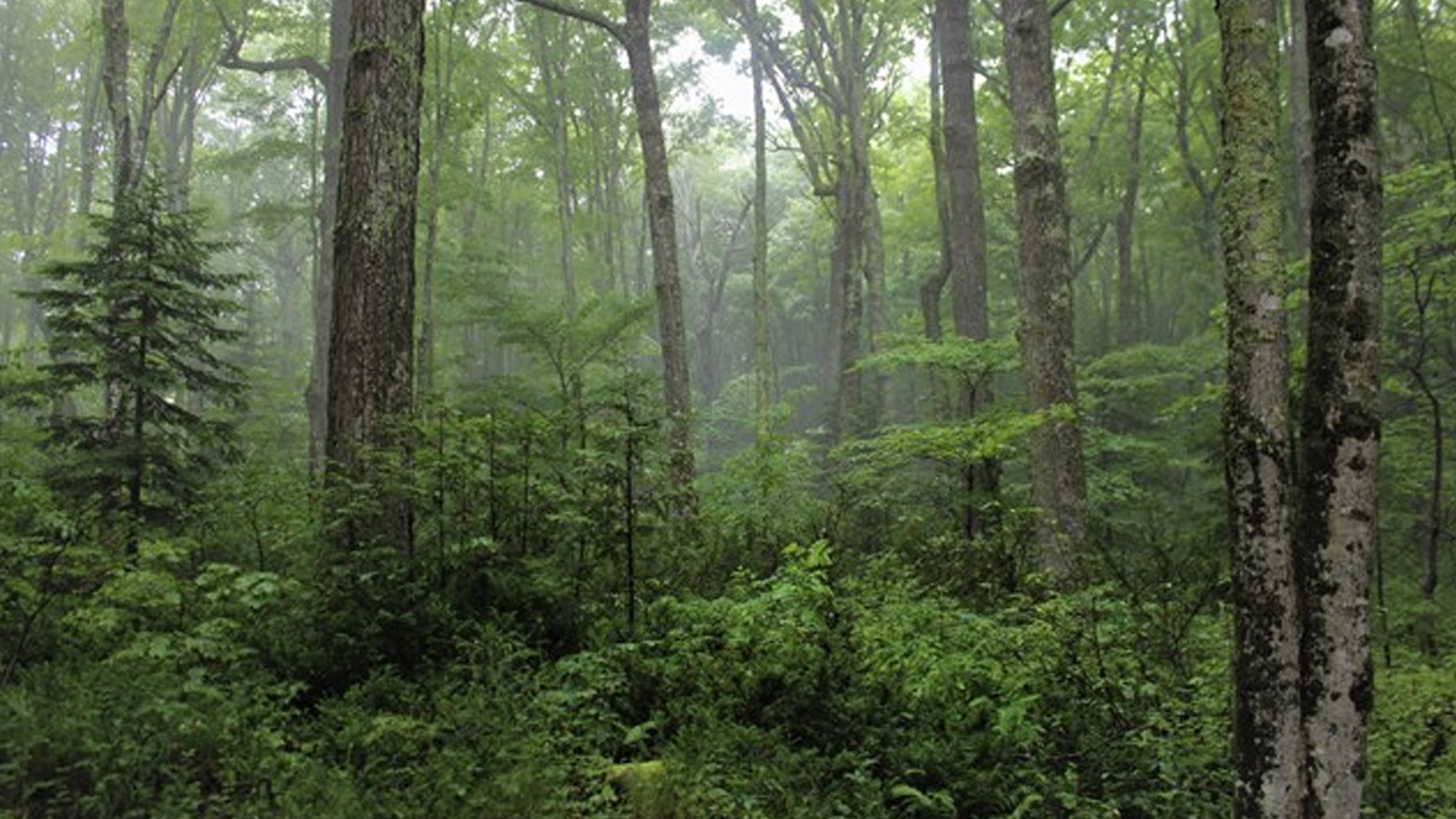
Nature is a feast for the senses. Many head to nature in the pursuit of an awe-inspiring vista or to catch the elaborate plumage of a rare bird. Others crave the smell of fresh air and pine needles, or the feeling of twigs crackling under their feet. But the set of sounds — a chorus of bird calls, the lapping of waves or the wind through the trees — that outdoor spaces offer are unique and therapeutic.
As we shelter at home to do our part to flatten the COVID-19 curve, one small silver lining is that the sounds of nature can be delivered directly to your home pretty easily. This is particularly valuable right now as there is a growing body of evidence that simple exposure to natural sounds can help reduce stress. Eleanor Ratcliffe, lead researcher on several studies measuring the psychological effects of natural sounds, explains that while the positive effects of nature visuals are more well-studied,
“…recent work has shown that the sounds of the outdoors, such as birdsong, wind, and water, can also improve mood and reduce stress. These sounds offer a way to connect with nature no matter where you are.”
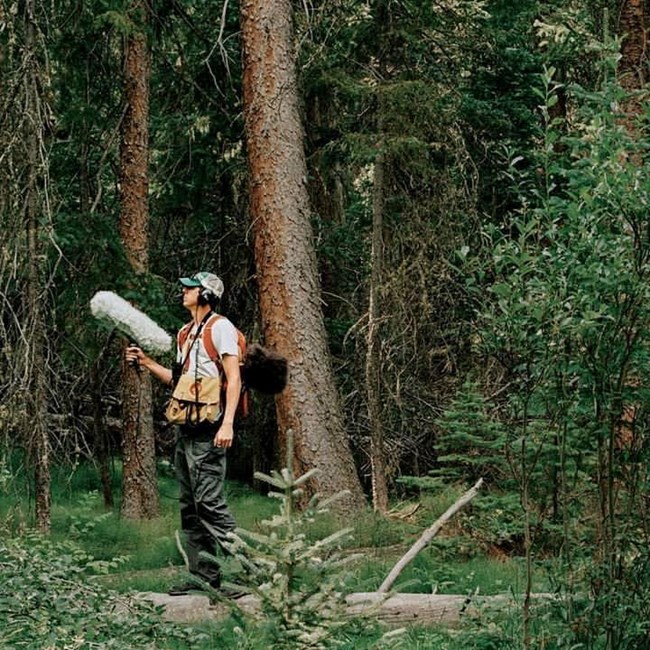
Jacob Job records natural sounds in Rocky Mountain National Park, Colorado. Photo courtesy of Benjamin Rasmussen.
To bring those soothing sounds directly into your home, the National Park Service teamed up with Colorado State University several years ago to create the Sound and Light Ecology Team. As part of that effort, natural sounds recordist Jacob Job, who is head of CSU’s Listening Lab, has been recording sounds at national parks for years and posting them online for free.
Check out his Soundcloud page for tracks like “An evening in Sequoia National Park” or my favorite, “Zumwalt Meadow Dawn Chorus — Kings Canyon National Park.”
While you might not be able to get to a national park right now, and you may be stuck in your house, that doesn’t necessarily mean you can’t benefit from the restorative power of nature. Enjoy!
Are you a poet, essayist, or aspiring wordsmith who loves nature? Submit your own poem or essay to our Greener Together Writing Contest! Submissions are open May 1- May 21, 2020. Winners will have their submission featured on our website and share a one-on-one virtual lunch or activity with one of our experts.
Top photo credit: National Park Service, Public Domain
Topics
Authors
Alex Petersen
Find Out More

Sharks in the Gulf of Mexico
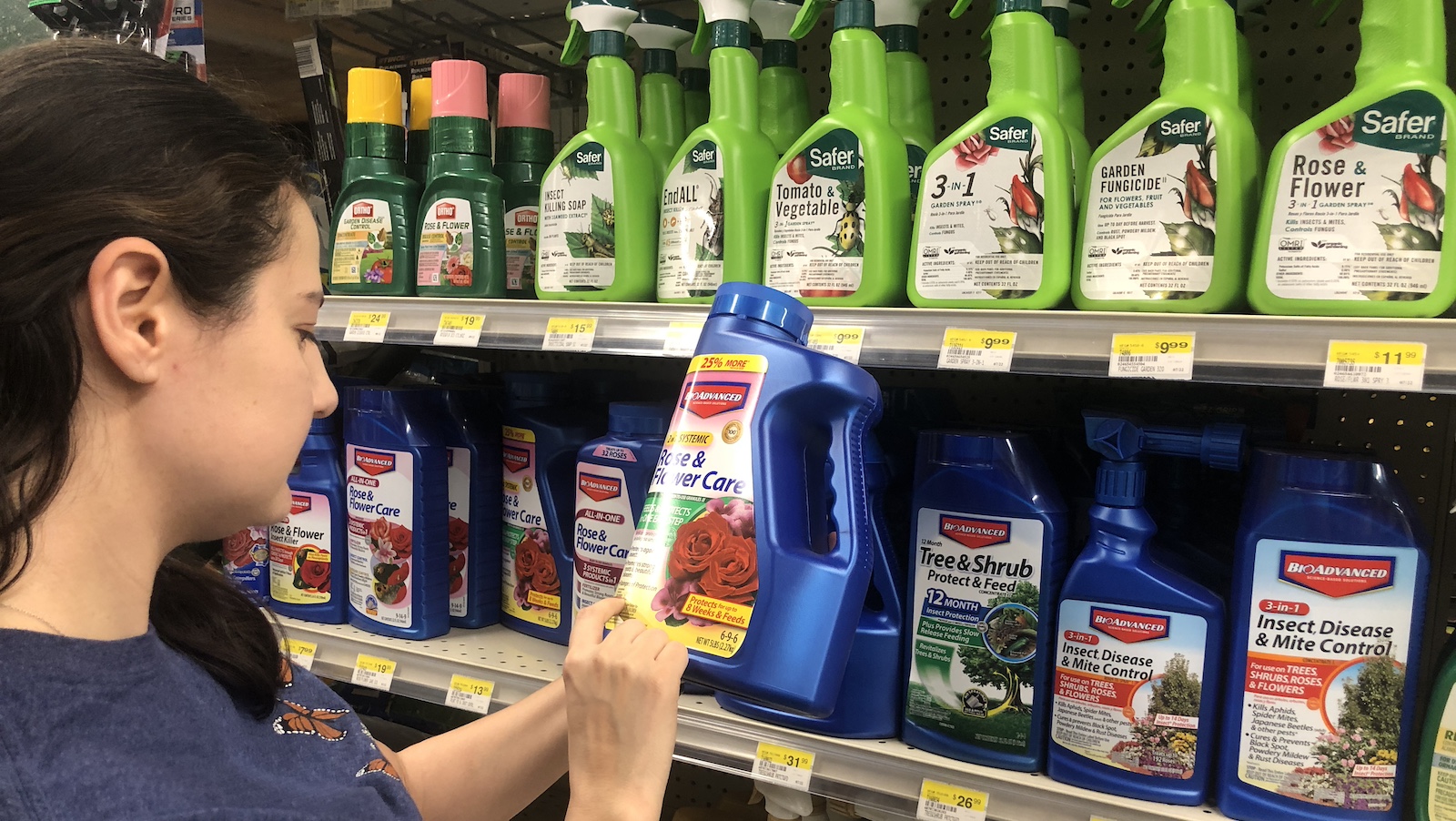
How to avoid bee-killing pesticides
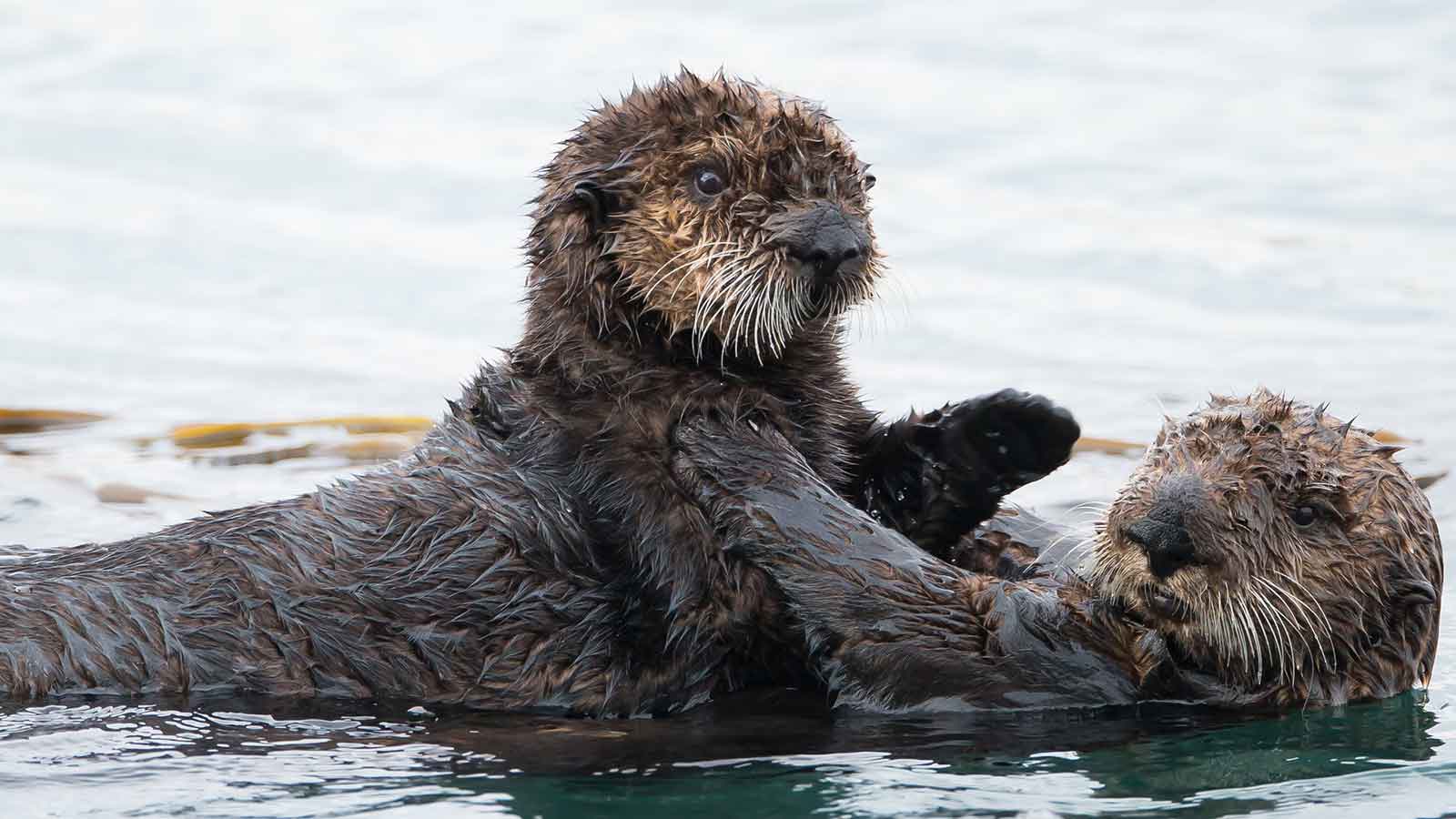
Can sea otters help with invasive species?
